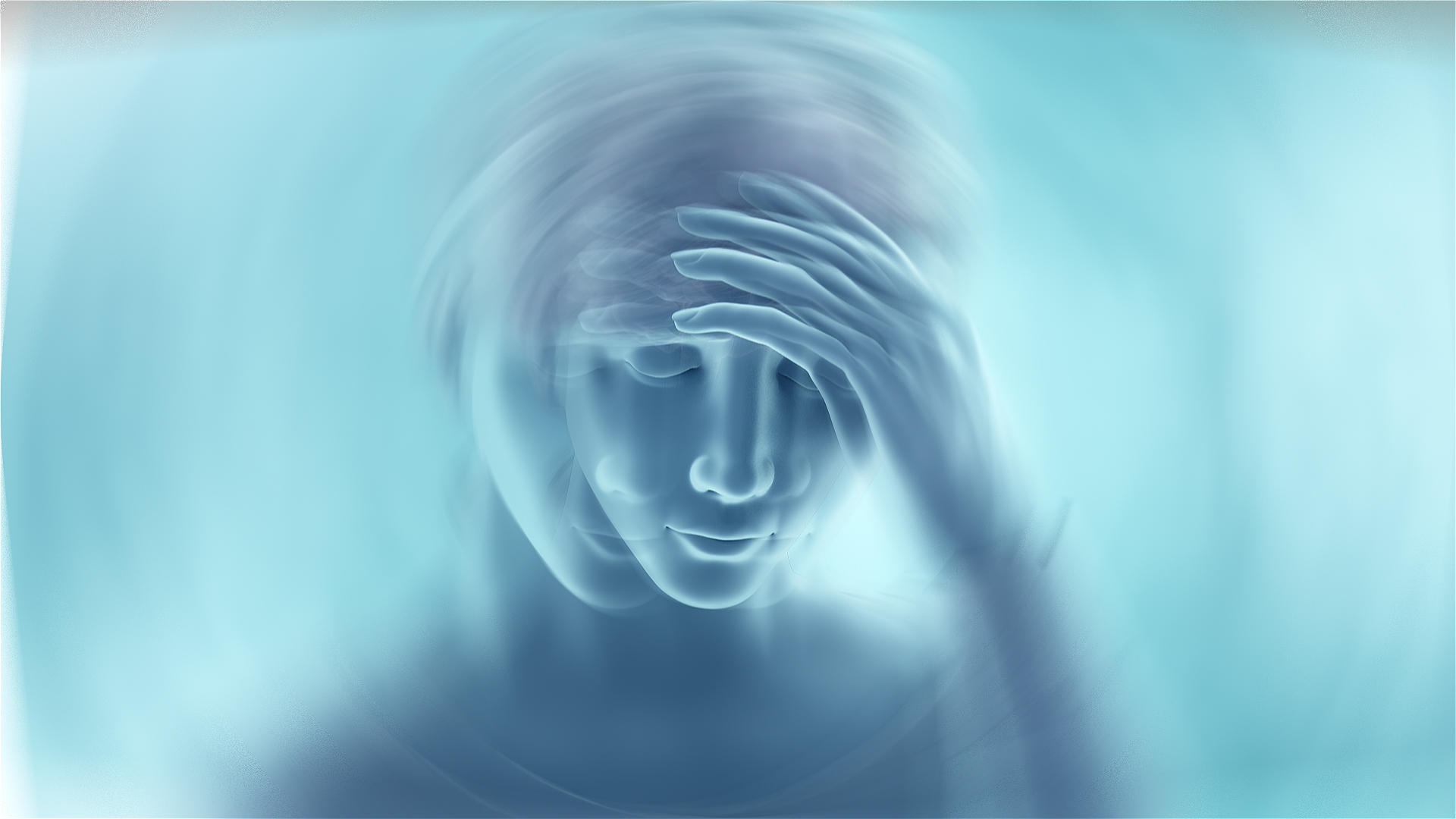Benign Paroxysmal Positional Vertigo Bppv Symptoms And


Home Remedies For Vertigo Treatment And The Epley Maneuver

Vertigo Official Class
Overview benign paroxysmal positional vertigo (bppv) is one of the most common causes of vertigo — the sudden sensation that you're spinning or that the inside of your head is spinning. bppv causes brief episodes of mild to intense dizziness. it is usually triggered by specific changes in your head's position. The signs and symptoms of benign paroxysmal positional vertigo (bppv) may include: 1. dizziness dua. a sense that you or your surroundings are spinning or moving (vertigo) 3. a loss of balance or unsteadiness 4. nausea 5. vomiting the signs and symptoms of bppv can come and go and commonly last less than one minute. episodes of bppvcan disappear for some time and then recur. activities that bring about the signs and symptoms of bppvcan vary from person to person, but vertigon t are almost always brought on by a change in head position. some people also feel out of balance when standing or walking. abnormal rhythmic eye movements usually accompany the symptoms of benign paroxysmal positional vertigo. Low t levels can affect every part of your body. here are some symptoms you may already be experiencing. dizziness. dizziness is one of the more subtle symptoms of low testosterone. many men find they’re physically weak because of low t. lack of sleep makes the duduk perkara worse. as the symptoms continue to build, you may feel as if your head is.
Vertigo Guide Causes Symptoms And Treatment Options
See full list on drugs. com. Your doctor may begin treatment by recommending bed rest or prescribing medications that suppress the activity of the inner ear, such as meclizine (antivert, bonine and other merk names), dimenhydrinate (dramamine) or promethazine (phenergan); anticholinergic medications such as scopolamine (transderm-sco); or a tranquilizer, such as diazepam (valium). depending on the cause and duration of the vertigo, additional advice may be offered. for benign paroxysmal positional vertigo, your doctor may move your head and body through a series of positions. this is done in the office, usually on the examining table. the maneuvers move the tiny free floating crystals out of the sensing tube. the most commonly used method is the epley maneuver. your doctor also may provide specific maneuvers for you to continue at home. for more persistent vertigo, your doctor may recommend other types of vestibular rehabilitation, also called balance rehabilitation. the types of exercises prescribed depend up
Vertigo Guide Causes Symptoms And Treatment Options


Vertigo may also be caused by inflammation within the inner ear (labyrinthitis or vestibular neuritis), which is characterized by the sudden onset of vertigo and may be associated with hearing loss. the most common cause of labyrinthitis is a viral or bacterial inner ear infection. Dizziness can increase your risk of falling and injuring yourself. experiencing dizziness while driving a car or operating heavy machinery can increase the likelihood of an accident. you may also experience long-term consequences if an existing health condition that may be causing your dizziness goes untreated. Vertigo is the sensation that either your body or your environment is moving (usually spinning). vertigo can be a symptom of many different illnesses and disorders. the most common causes of vertigo are illnesses that affect the inner ear, including:. However, the auct for this amount of time (t=12 days) was not significantly different from the auc∞, which was estimated from the vertigon t single dose administration.
Labyrinthitis causes dizziness or a feeling that you're moving when you aren't. an inner ear infection causes this form of vertigo. as a result, it often occurs along . See what patrick lipo (vertigon) has discovered on pinterest, the world's cars in mad max: fury road, but we haven't delved into the details about the bikes.
Vertigo: causes, symptoms, and treatments.
Vertigo can be divided into two major categories, peripheral vertigo and central vertigo. peripheral vertigo, which is much more common, includes benign positional vertigo, labyrinthitis and ménière's disease. positional vertigo is diagnosed when moving the head causes the vertigo and returning the head to a neutral position relieves symptoms. Vertigo can happen to anyone, and there is no way to prevent the first episode. because vertigo can be associated with an intense sense vertigon t of imbalance, it is important to avoid situations in which a fall could cause significant harm, like climbing a ladder or working on a slanted roof. Benign paroxysmal positional vertigo (bppv) is one of the most common causes of vertigo — the sudden sensation that you're spinning or that the inside of your head is spinning. bppvcauses brief episodes of mild to intense dizziness. it is usually triggered by specific changes in your head's position. this might occur when you tip your head up or down, when you lie down, or when you turn over or sit up in bed. although bppv can be bothersome, it's rarely serious except when it increases the chance of falls. you can receive effective treatment for bppvduring a doctor's office visit.
Vertigo can feel like the room is spinning or like you are spinning in the room, or it can be just a sense of imbalance. it may be associated with nausea, vomiting and ringing in one or both ears (tinnitus). Vertigo is a sensation of feeling off balance. if you have these dizzy spells, you might feel like vertigon t you are spinning or that the world around you is spinning. See full list on mayoclinic. org.
Defined as “an illusion of motion,” vertigo is a very specific type of dizziness. Although bppv is uncomfortable, it rarely causes complications. the dizziness of bppvcan make you unsteady, which may put you at greater risk of falling. Call your doctor if you have a new episode of vertigo, especially if it is associated with headache and significant coordination problems. also call if you have mild vertigo that persists after a couple days. Mar 07, 2018 · vertigo isn’t a disease or condition. instead, it’s a symptom of a condition. identifying the underlying cause of your vertigo can help you and your doctor find a treatment that works to prevent.
Vertigo is the false sense that your surroundings are spinning or moving. with inner ear disorders, your brain receives signals from the inner ear that aren't consistent with what your eyes and sensory nerves are receiving. vertigo is what results as your brain works to sort out the confusion. benign paroxysmal positional vertigo (bppv). Dizziness has many possible causes, including inner ear disturbance, motion sickness and medication effects. sometimes it's caused by an underlying health condition, such as poor circulation, infection or injury. the way dizziness makes you feel and your triggers provide clues for possible causes. how long the dizziness lasts and any other symptoms you have also help pinpoint the cause. Vertigo is not actually a disorder or medical condition — rather it’s the cluster of symptoms caused by other disorders, and chances are you or someone you know has experienced it. in fact, research shows that nearly 40 percent of all people over the age of 40 will experience vertigo at least once in their lifetimes. (1).
Posting Komentar untuk "Vertigon T"